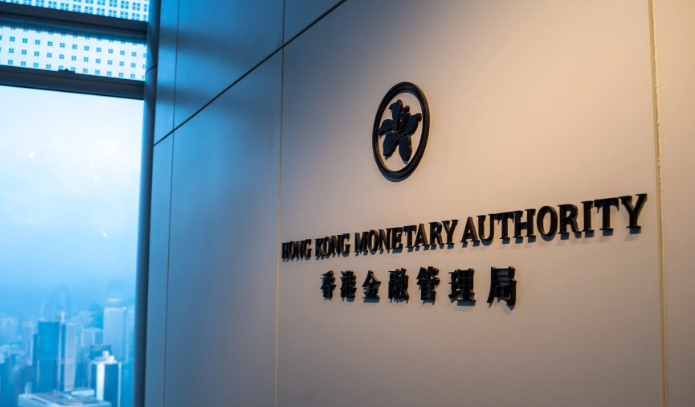In a move aimed at providing stability amidst economic challenges, major banks in Hong Kong have announced that they will keep their prime lending rates unchanged, in line with the city’s monetary authority. This decision is seen as a relief for businesses and mortgage borrowers as the city grapples with a sluggish economy.
HSBC, its Hang Seng Bank unit, Bank of China (Hong Kong), and Standard Chartered have all maintained their prime lending rates at levels ranging from 5.875% to 6.125%. This comes following the Hong Kong Monetary Authority’s (HKMA) decision to leave the city’s base rate at 5.75%.
The HKMA’s decision mirrors that of the US Federal Reserve, which recently opted to maintain its target range at 5.25% to 5.5% in its first policy decision of the year. This move, the fifth pause in rate hikes since March 2022, aligns with market expectations.
“We remain upbeat on the potential for stocks and fixed income to outperform cash this year,” said Tai Hui, APAC chief market strategist of JPMorgan Asset Management, in response to the Fed’s decision. He added that they see the US achieving a soft landing as the most likely scenario, advising investors to remain invested.
Fed Chair Jerome Powell emphasized caution in his post-meeting press conference, stating that the central bank is not rushing to reduce rates. This cautious stance led to a sharp decline in US stocks, with the S&P 500 index falling 1.5%, its most significant one-day drop this year.
“The public should carefully assess and manage the relevant risks when making property purchase, mortgage, or other borrowing decisions,” warned the HKMA, reiterating its stance against speculating on future rate cuts.
This shift in expectations has impacted the market, with rate cuts from the Fed now anticipated from May, according to Luca Santos, currency analyst at ACY Securities. The HKMA has historically followed the Fed’s monetary policy to maintain the local currency’s peg to the US dollar.
The decision to hold rates steady was largely anticipated, with 98% of traders expecting no change, according to odds calculated by CME Group based on Fed fund futures. Looking ahead, the Fed’s open market committee (FOMC) is set to meet again in March.
In response to Powell’s comments, futures traders have adjusted their expectations, with only 34.5% now expecting a rate cut in March, while 100% anticipate a cut in May. US inflation slowed to 3.4% in December, providing some relief to the capital markets.
Economic Impact and Market Response
Hong Kong’s benchmark Hang Seng Index closed 0.5% higher following the announcements, signaling a positive market response. Futures traders have scaled back their bets on Fed rate cuts in March in light of Powell’s statements.
The city’s commercial banks have raised their prime rates five times since September 2022, totaling an increase of 87.5 basis points. Despite this, Hong Kong’s one-month and three-month interbank offered rates (Hibor) have fallen, indicating a complex interplay of factors affecting the local economy.
The HKMA’s last tightening move was in July, raising the base rate to 5.75%, the highest level since December 2007. This has contributed to a total increase of 525 basis points since March 2022, despite the city’s economic challenges.
The government has revised its full-year economic growth forecast downward to 3.2%, citing risks from a deteriorating external environment, geopolitical tensions, and high interest rates.
Expert Insights and Future Outlook
Franck Dixmier, the global chief investment officer of fixed income at Allianz Global Investors, cautioned against premature changes in the Fed’s monetary policy. He highlighted the resilience of growth despite significant monetary tightening over the past two years.
Looking ahead, there is speculation that the Fed may consider rate cuts in the second half of the year, depending on economic indicators and market conditions. However, the exact timing and extent of any future rate adjustments remain uncertain.
(Source: SCMP | RTHK)









